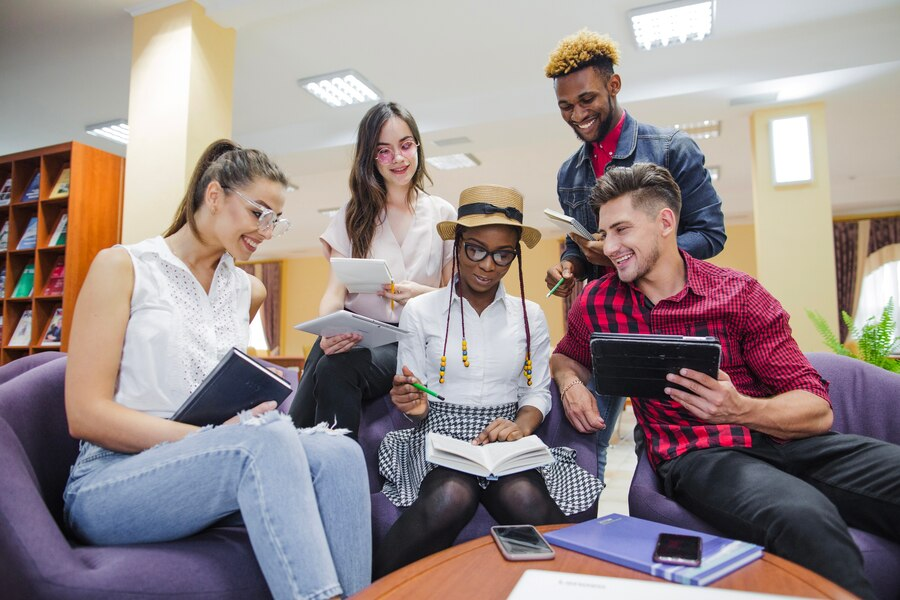Exploring Cultural Intelligence: Integrating Diversity Training in Travel Education

In an increasingly interconnected world, cultural intelligence (CQ) has become a vital skill, particularly in industries like travel and tourism where interactions with diverse cultures are commonplace. As globalization continues to blur boundaries, understanding and appreciating cultural differences are imperative for fostering positive interactions and meaningful experiences. In this article, we delve into the importance of cultural intelligence in travel education and propose integrating diversity training as a fundamental component.
Understanding Cultural Intelligence: Cultural intelligence, often abbreviated as CQ, refers to the capability to function effectively across different cultural contexts. It encompasses an individual’s awareness, knowledge, and skills to navigate interactions with people from diverse cultural backgrounds. Unlike traditional notions of intelligence, which focus on cognitive abilities, CQ emphasizes interpersonal and intrapersonal competencies crucial for thriving in multicultural environments.
Why Cultural Intelligence Matters in Travel Education: Travel education goes beyond mere sightseeing; it’s about immersing oneself in new cultures, fostering cross-cultural understanding, and appreciating diversity. Whether it’s interacting with locals, respecting cultural norms, or adapting to unfamiliar environments, travelers with high CQ are better equipped to navigate the complexities of cultural diversity. Moreover, possessing cultural intelligence enhances the quality of travel experiences by fostering genuine connections and minimizing misunderstandings.
Integrating Diversity Training in Travel Education: To cultivate cultural intelligence among aspiring travelers, integrating diversity training into travel education programs is essential. This entails incorporating modules focused on cultural awareness, sensitivity, and competence. Here’s how such integration can be achieved:
- Cultural Awareness Workshops: These workshops introduce students to various cultural dimensions, such as communication styles, values, and customs prevalent in different regions. By understanding cultural differences and similarities, travelers can approach interactions with an open mind and empathy.
- Immersive Experiences: Incorporating immersive experiences, such as homestays or cultural exchanges, allows students to firsthand experience different lifestyles and customs. These experiences facilitate a deeper understanding of cultural nuances and foster interpersonal connections across borders.
- Case Studies and Simulations: Utilizing case studies and simulations depicting real-world cultural scenarios enables students to apply theoretical knowledge in practical contexts. By grappling with cultural dilemmas and finding culturally appropriate solutions, learners hone their CQ skills in a controlled environment.
- Language Training: Language proficiency is integral to effective cross-cultural communication. Integrating language training in travel education equips students with the linguistic skills necessary to engage with locals and navigate unfamiliar environments confidently.
Benefits of Integrating Diversity Training: By integrating diversity training into travel education, several benefits can be realized:
- Enhanced Cross-Cultural Competence: Students develop a deeper understanding and appreciation of diverse cultures, fostering respect and empathy.
- Improved Intercultural Communication: Equipped with effective communication strategies, travelers can navigate cultural differences adeptly, minimizing misunderstandings and conflicts.
- Enriched Travel Experiences: Cultural immersion and sensitivity lead to more enriching and authentic travel experiences, fostering personal growth and global citizenship.
- Promotion of Diversity and Inclusion: By prioritizing cultural intelligence, travel education promotes diversity and inclusion within the industry, fostering a more equitable and welcoming environment for all travelers.
Conclusion: In an era defined by globalization and cultural exchange, cultural intelligence is indispensable for navigating the complexities of our interconnected world. Integrating diversity training into travel education equips aspiring travelers with the knowledge, skills, and attitudes necessary to engage with diverse cultures respectfully and effectively. By prioritizing cultural intelligence, we not only enhance the quality of travel experiences but also contribute to fostering a more inclusive and understanding global community.
